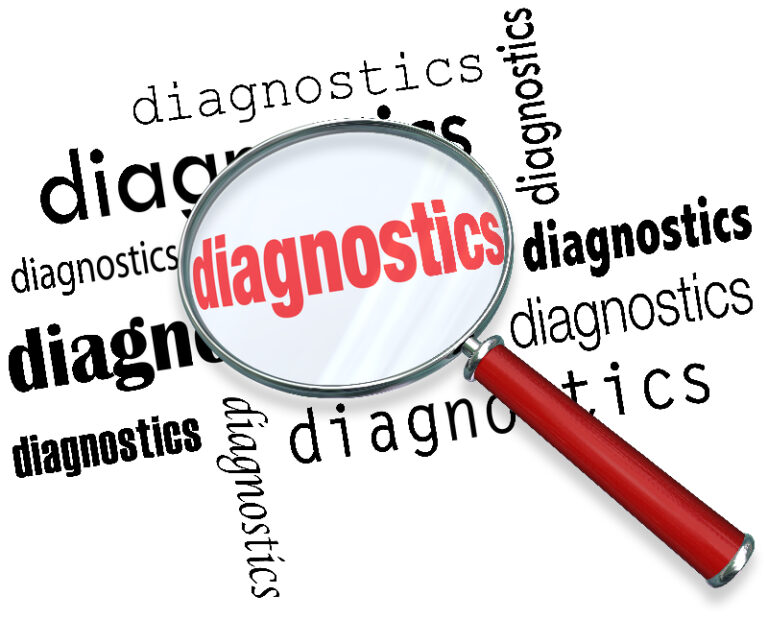A health detective is a professional, such as an acupuncturist, functional medicine practitioner, naturopath, nutritionist, or other practitioner that looks deeper into the root causes of health and disease, rather than treating just the symptoms. Treating just the symptoms is akin to putting a bandaid over the warning indicator light in your car. When something is wrong with your body and the body has run out of resources to deal with it effectively, it sends up a red flag, a warning indicator, to tell you something is wrong – we call it a symptom. We can treat the flag/cover the light, but the problem is still there.
The body has the capacity to heal anything that is wrong. If it doesn’t heal, heal correctly, or on an expected timeline, we have to ask why. If surgery is done, you can’t change the physical alterations made, and severe injuries may initially need medical intervention, especially severe damage, but the body’s healing capacity can still be supported. If the body isn’t healing, why isn’t it? What is missing that the body needs to heal with or what is blocking the healing process? The body can’t do something with nothing, so if the nutrients, for example, that are needed for the healing process, aren’t there, it can’t do its job.
A Health Detectives’ job is to uncover the root causes of health issues. Generally, a comprehensive approach is undertaken to figure it out.
In-depth assessments conducted through comprehensive patient histories, evaluating lifestyle factors, harmful environmental exposures, genetic predispositions, past medical conditions, and the quality of the diet are all important.
Advanced testing is generally used that goes beyond standard medical testing. This includes testing for nutrient deficiencies, food sensitivities, gut microbiota health, enzyme deficiencies, inflammation, and hormonal balance, to list a few.
The practitioner then takes the information from the health assessment and creates a comprehensive treatment plan, customized to the individual, to address not just symptoms, but the whole body. The whole of all that is going on.
For example: cataracts, arthritis, kidney and gallstones, bone spurs, osteoporosis and others all have the same underlying mechanism – calcium metabolism issues. Medically, these people would see an ophthalmologist, rheumatologist, urologist, gastroenterologist, and orthopedist, respectively. In a Health Detective approach, recognizing the central cause, in this case calcium metabolism issues, and correcting that, all the issues improve instead of just one. That’s what is meant by getting to the core.
Deeper than that, is “why do they have calcium metabolism issues?” It could be they are consuming calcium types that are too difficult to metabolize, so the body is dumping it. Maybe they don’t have the digestive capacity to break down even good calcium. Maybe the person is missing the co-factors needed for proper assimilation of calcium. Possibly they are consuming something like caffeine that is stealing calcium from the bones or tissues. Determining this gives the Health Detective concrete direction in helping the person. Rarely is there ever just one cause.
This problem-solving approach takes more time, more mental energy and more experience than just the bandaid approach, but is absolutely necessary if the desire is to resolve any health condition, rather than simply manage a disease.
Want to hear more from Dr. Carling? Check out our podcast. Search for VitalHealth4You on your favorite podcast listening app or go to vitalhealthcda.com/podcasts/
©2024 Holly A. Carling, O.M.D., L.Ac., Ph.D.







